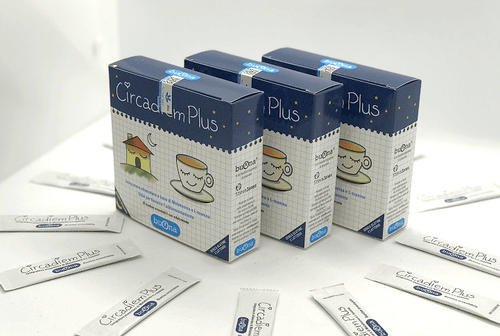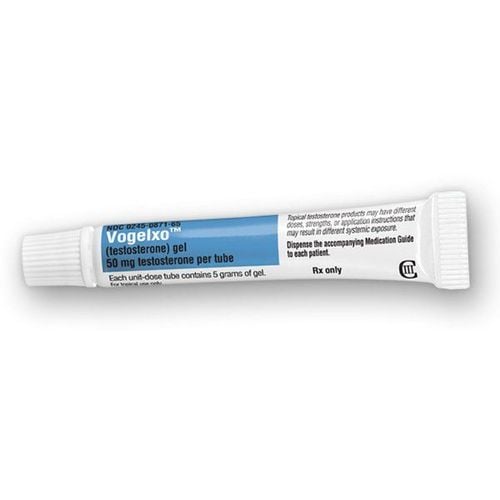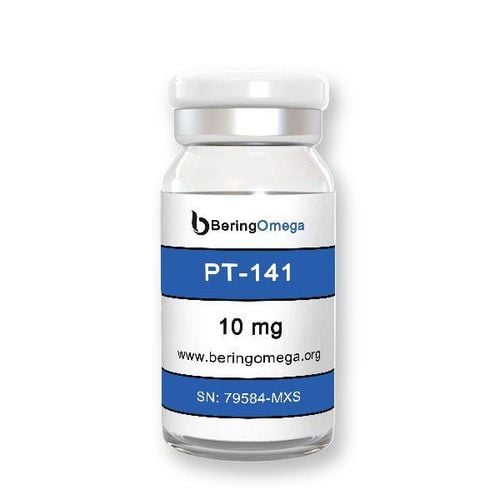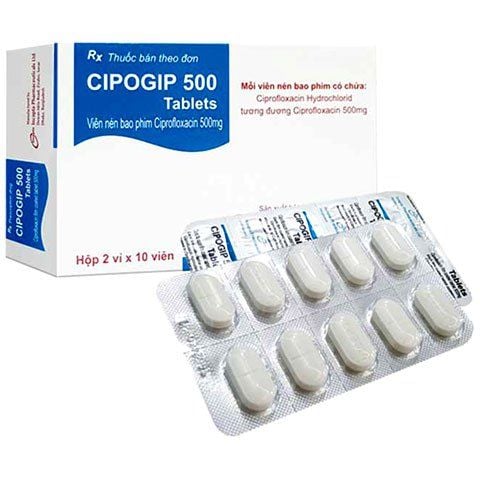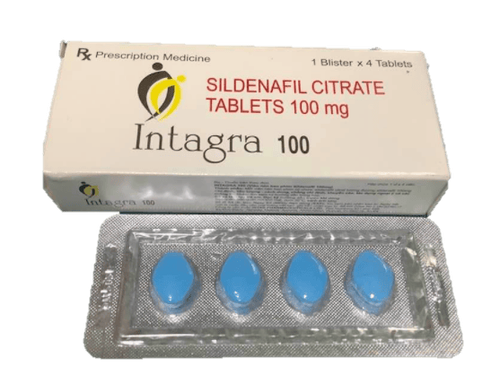This is an automatically translated article.
Premature ejaculation occurs when a man orgasms and ejaculates earlier during intercourse than he or his partner would like. It's a common problem, affecting 30% to 40% of men. Causes include physical problems, chemical imbalances, and emotional/psychological factors. Read more articles below to understand more about the causes of premature ejaculation.
1. What is Premature Ejaculation? Premature ejaculation is a form of sexual dysfunction that occurs when a man reaches orgasm and ejaculates earlier than he wanted. It will usually occur before or shortly after penetration during intercourse. Premature ejaculation can be an unpleasant experience for both you and your sexual partner and make your sex life less enjoyable. It's a lack of control over ejaculation, so it often happens sooner than the man or his partner wants, causing frustration for one or both.
Premature ejaculation occurs in some men who ejaculate at the beginning of foreplay, or in those who lose control when they try to insert the penis into the vagina, while some ejaculate very quickly after when entering. Whatever the case, premature ejaculation can cause distress and create tension between the man and his partner.
Premature ejaculation is a health problem if it happens frequently. Between 30% and 40% of men experience premature ejaculation at some point in their lives. According to the American Urological Association, premature ejaculation is the most common type of sexual dysfunction in men. About one in five men between the ages of 18 and 59 report an incidence of premature ejaculation. Most men sometimes reach orgasm earlier than they would like. For example, a man often ejaculates quickly the first time he has sex. It is also common if a man does not ejaculate for a long time. Sometimes losing control doesn't mean a man has a sexual problem.
2. Causes of Premature Ejaculation In the past, the cause of premature ejaculation was thought to be purely psychological. However, it is now thought that some men (especially those who suffer from premature ejaculation all the time. lifetime) has a chemical imbalance in the brain centers that control this function (this is called neurobiological etiology). This can cause related psychological problems, such as performance anxiety.
Causes of premature ejaculation can be due to psychological factors such as:
Depression or anxiety and especially about performance Feeling anxious, stressed about being rejected by your partner Expecting failure Experience negative sexuality in childhood Religious beliefs Stress Relationship problems. Suffering from urethritis, prostatitis and balanitis. Or diabetes, high blood pressure, high blood fat, liver disease, kidney disease, overweight and obesity, ... can also be the cause of premature ejaculation. Masturbating too much, wrong way. Relationships in uncomfortable, cramped spaces and environments Abuse of stimulants, such as alcohol, beer, drinking alcoholic beverages, smoking regularly. Some men develop premature ejaculation because they have erectile dysfunction (the inability to achieve or keep an erection rather than allowing them to have sex).

Nguyên nhân xuất tinh sớm có thể do các yếu tố tâm lý
3. What are the effects of premature ejaculation? Health: Prolonged premature ejaculation will affect physical, mental, reduce sex drive and even avoid sex. Psychological: Failure to satisfy needs for a long time easily causes men to fall into a state of inferiority complex, low self-esteem, sadness, stress,... Unharmonized sex affects family happiness family. Reproduction: Premature ejaculation, sperm cannot enter the vagina to carry out conception, causing difficulties in reproduction. This is one of the causes of male infertility.
4. Treatment of Premature Ejaculation Seeking help with premature ejaculation from a doctor or sex therapist is a good idea. Treatments for premature ejaculation will vary depending on the cause and whether it is lifelong or acquired. Treatments include:
4.1. Psychotherapy and Behavioral Therapy Behavioral therapy involves trying different methods to delay your orgasm. Its goal is to teach you how to control your body and emotions. Methods include:
Start and stop: With this technique, you or your partner stimulate your penis close to the point of orgasm then stop stimulation for about 30 seconds until you are in control. get your reaction. Repeat this "start and stop" approach three or four times before allowing yourself to have an orgasm. Continue practicing this method until you have good control. Squeeze therapy: With this technique, you or your partner stimulate your penis close to the point of orgasm then gently squeeze the tip of the penis for about 30 seconds so that you begin to stop having an erection. Repeat this technique a few times before allowing yourself to orgasm. Keep practicing this technique until you control orgasm delay. Distracted Thoughts: With this technique, the idea is to focus your attention on trivial nonsense while you are sexually aroused. The naming sequence is a good way to focus your attention. For example, a visualization that names all the businesses you drive to the gym, names all the players on your favorite sports team, or names all the products on your way. Go of your favorite store. 4.2. Psychotherapy and counseling: If the cause of your premature ejaculation is psychological, emotional or due to problems in a relationship - due to performance anxiety, depression, stress, guilt or troubled relationship - seek help from a psychologist, psychologist, couples therapist or sex therapist. Your urologist can help direct you to these medical professionals.
With the guidance of an experienced sex therapist, any underlying sexual anxieties can be explored and allayed.
Decreased penile sensation - local anesthetic sprays and creams can be used to reduce penile sensation and should be applied 30 minutes before sexual intercourse. Use these treatments with a condom to prevent your partner from absorbing it. Using two condoms can also help reduce sensation.
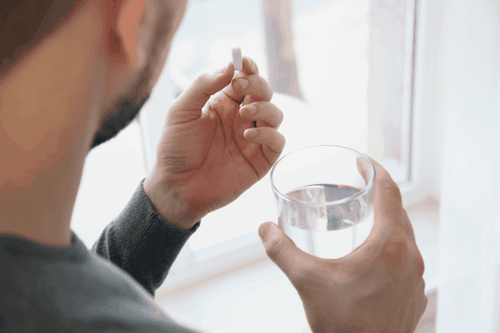
Dùng thuốc điều trị xuất tinh sớm
4.3. Medication If premature ejaculation is associated with erectile dysfunction, erectile dysfunction treatments such as PDE5 inhibitors (Viagra, Cialis, Levitra) can help restore control of ejaculation.
Antidepressants, especially selective serotonin reuptake inhibitors such as citalopram (Celexa, escitalopram (Lexapro), fluoxetine (Prozac), paroxetine (Paxil) and sertraline (Zoloft) or tricyclic antidepressants , clomipramine helps delay premature ejaculation This is an "off-label" use (not approved for this use by the Food and Drug Administration). Be sure to discuss the side effects of this medication. Talk to your urologist to make sure it's right for you.
SSRIs are selective serotonin reuptake inhibitors and tricyclic antidepressants. semen when used in men with depression This effect may be helpful in men with premature ejaculation, and these drugs can be used in conjunction with counseling Taking SSRIs may have effects other side effects such as decreased libido (sex drive), nausea, sweating, bowel disturbances, and fatigue Only one SSRI (dapoxetine) has been approved as a Premature ejaculation treatments and it is taken as required before sex.
Numbing (numbing) creams and sprays applied to the head and penis are another medication option for delaying ejaculation. A numbing cream or spray is applied to the penis, absorbed for 10 to 30 minutes, or until you feel less sensitivity in the penis. It is important to wash your penis before having sex to avoid numbing your partner's vagina or losing the ability to get an erection.
Premature ejaculation is usually easily treated with a few simple steps. So it's important to see a urologist or other doctor if you're experiencing premature ejaculation.
Please dial HOTLINE for more information or register for an appointment HERE. Download MyVinmec app to make appointments faster and to manage your bookings easily.




